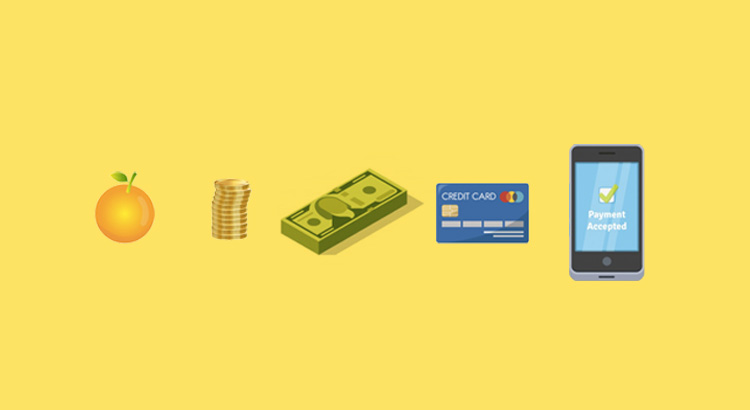
Many payment processors are now offering a processing plan marketed as ‘free payment processing'. Do not be fooled by this. These 'free processing' programs or plans usually come at a cost to your business.
As summarized below, you need to consider the total economic cost to you of these free payment processing plans. Charging a customer a processing fee for visiting your store may drive them to a competitor of your or to an online shopping site. If you use a dual pricing, marking your products up 3-5% for the credit price may make your prices seem too high, which may also drive customers elsewhere.
If the free payment processing plan involves a surcharge for using a credit card, be sure to understand who pays the fee when a debit card is used. Per the regulations of the card brands, you are not allowed to assess a surcharge if a customer uses a debit card. Be sure to understand who pays the fees on debit card transactions.
Why have these free plans become so popular? Its clear that credit card processing agents love them. The dirty secret is that these 'free payment processing' plans are actually more profitable for a payment processor than traditional payment processing plans. That is why they are so heavily marketed by payment sales agents. Someone is paying the price for these higher processing margins - and its not the payment processor.
How do Free Credit Card Processing Companies Make Money?
There are several ways for a company offering a ‘free’ payment processing to make money. In fact, these 'free processing' programs or plans are even more profitable than a standard flat rate or interchange plus plan.
Some of these levers are well understood and do not ‘cost’ you. But they cost your customer.
The primary reason that these plans are more profiable is because merchants care much more about processing fees when they pay the bill vs when the fee is passed onto their customer. A merchant will fight to reduce their cost from 2.5% to 2.2%, but generally do not care if the surcharge is 3%, 4% or sometimes even 5%.
To learn more about why free processing plans are more profitable for processors, please read our blog post 'Why ISO and Processing Agents Love Free Processing Plans'.
What is the History of Credit Card Surcharges, Cash Discounts and Duel Pricing?
Retail merchants have been unhappy about payment processing fees since the first credit card was run through a ‘knuckle buster’ imprint device. For decades, retailers have been trying to find ways to lower fees or pass on these fees to their customers. Today, merchants can offer cash discounts (offering a lower price if paid with cash), add credit surcharges (small fee is added to a transaction if paid by credit card) and manage dual pricing (posting two prices for an item – cash price vs credit price). But merchants did not always have these options. For the 25+ years, these types of surcharges and discounts were not allowed by the card brands.
To learn more about the battle between payment processors and merchants, please read our blog post 'History of Free Payment Processing'.
Ways to Avoid Getting Scammed by your Credit Card Processor
The payment processing industry is infamous for questionable business practices and bait-and-switch techniques. Unethical payment processors can make a living by taking advantage of unsuspecting retailers unfamiliar with the terms of their contracts to tack on hidden fees, charge higher rates than promised and lock merchants into long term one-sided contracts.
To learn more about why free processing plans are more profitable for processors, please read our blog post '5 Payment Processor Scams – And How To Avoid Them'.